
Editor
A groundbreaking film examining the challenges people with endometriosis are facing. There is no known cure for this disease and often patients undergo several surgeries in hope of some relief.
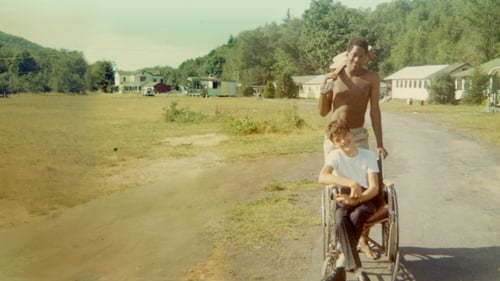
Co-Editor
Un vistazo a la vida de aquellos que asistieron al campamento de verano para adolescentes discapacitados que tuvo lugar muy cerca de Woodstock, a finales de la década de los 60 y principios de los años 70.

Editor
Este documental especulativo se desarrolla en una pequeña ciudad desierta en el estado de Nuevo México (EEUU). Tiene lugar en un futuro cercano en el momento en el que los humanos abandonan la Tierra para colonizar otros planetas. La premisa se basa en hechos reales: hay una ciudad llamada Verdad o Consecuencias y se encuentra a la sombra del primer puerto espacial comercial del mundo, cuyo objetivo es comenzar el turismo espacial en 2020.

Additional Editing
Follow the four-year odyssey of three young immigrants in Georgia in this powerful observational documentary portrait of what it means to grow up in the United States as an undocumented (but fully DACAmented) American.
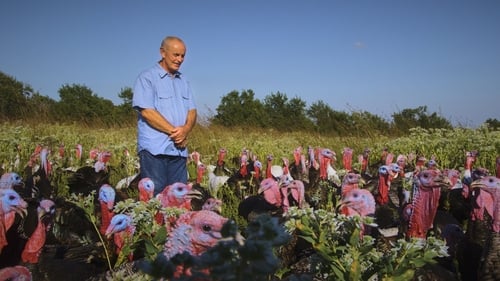
Editor
Un examen de nuestras elecciones dietéticas y los alimentos que ponemos en nuestros cuerpos.

Editor
Equal parts film, conversation, and social experiment, this interactive documentary uses footage shot by activists in the crowd of the Maribor uprisings, a 2012 to 2013 Slovenian protest, to pull you into the fray, where you must collectively decide what happens next.

Editor
Un grupo de maestros en una escuela secundaria del desierto de Mojave toman un enfoque poco convencional para mejorar la vida de sus estudiantes con dificultades.

Editor
Based on Naomi Klein's book This Changes Everything: Capitalism vs. the Climate, a look at how people in various communities around the world play a role in the ongoing climate change debate and how they're affecting change in trying to prevent the environmental destruction of our planet.

Editor
Para algunos, la guerra de Corea fue un claro ejemplo del imperialismo norteamericano. Para otros, era un valiente esfuerzo por parte de la ONU y los coreanos para anular la expansión del comunismo. Para todos los coreanos, era una tragedia. El país no estaba dividido, sino que fue devastado. La cifra de muertos era astronómica, y la destrucción profunda. Muchos participaron en la asignación de la culpa de la guerra de acuerdo a sus creencias políticas, pero este es un ejercicio inútil. El punto es que la situación de los derechos humanos en Corea del Norte hoy es catastrófica. Kimjongilia es la primera película en que los refugiados de Corea del Norte cuentan sus historias con sus propias palabras. (FILMAFFINITY)
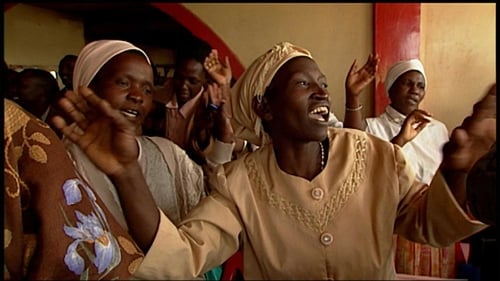
Editor
This documentary provides a window into the extraordinary life of activist and Nobel Laureate Wangari Maathai, a Kenyan woman who has worked to regain ownership of her country and its fate after years of colonialism. While gentle and thoughtful, Maathai carries a powerful message: the First World holds much of the responsibility for the environmental, economic and social struggles of the developing world.
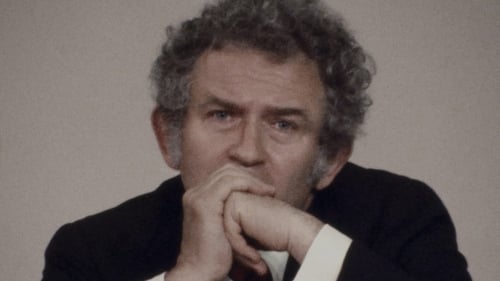
Sound
Norman Mailer and a panel of feminists — Jacqueline Ceballos, Germaine Greer, Jill Johnston, and Diana Trilling — debate the issue of Women's Liberation.
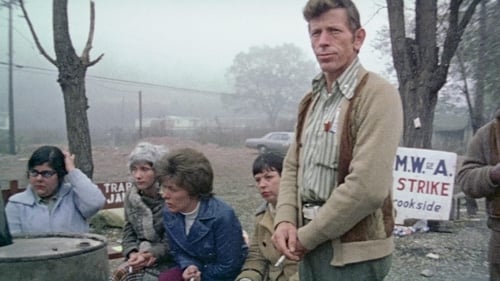
Editor
This film documents the coal miners' strike against the Brookside Mine of the Eastover Mining Company in Harlan County, Kentucky in June, 1973. Eastovers refusal to sign a contract (when the miners joined with the United Mine Workers of America) led to the strike, which lasted more than a year and included violent battles between gun-toting company thugs/scabs and the picketing miners and their supportive women-folk. Director Barbara Kopple puts the strike into perspective by giving us some background on the historical plight of the miners and some history of the UMWA.

Editor
Underground is a 1976 documentary film about the Weathermen, founded as a militant faction of the Students for a Democratic Society (SDS), who fought to overthrow the U.S. government during the 1960s and 1970s. The film consists of interviews with members of the group after they went underground and footage of the anti-war and civil rights protests of the time. It was directed by Emile de Antonio, Haskell Wexler and Mary Lampson, later subpoenaed by the Federal Bureau of Investigation in an attempt to confiscate the film footage in order to gain information that would help them arrest the Weathermen. (Wikipedia)

Director
Underground is a 1976 documentary film about the Weathermen, founded as a militant faction of the Students for a Democratic Society (SDS), who fought to overthrow the U.S. government during the 1960s and 1970s. The film consists of interviews with members of the group after they went underground and footage of the anti-war and civil rights protests of the time. It was directed by Emile de Antonio, Haskell Wexler and Mary Lampson, later subpoenaed by the Federal Bureau of Investigation in an attempt to confiscate the film footage in order to gain information that would help them arrest the Weathermen. (Wikipedia)

Editor
Emile de Antonio's film decimates Richard Nixon and exposes him as a paranoid, power mad lunatic... de Antonio compiles (via video and film) what amounts to the "best of" one of the worst political figures of the 20th century. Nixon was a shameless self-promoter while trying desperately to convince everyone that he wasn't. Through Alger Hiss and the "Checkers" speech to the character assassination of Helen Gahagan Douglas (among others), there are few stones left unturned.













